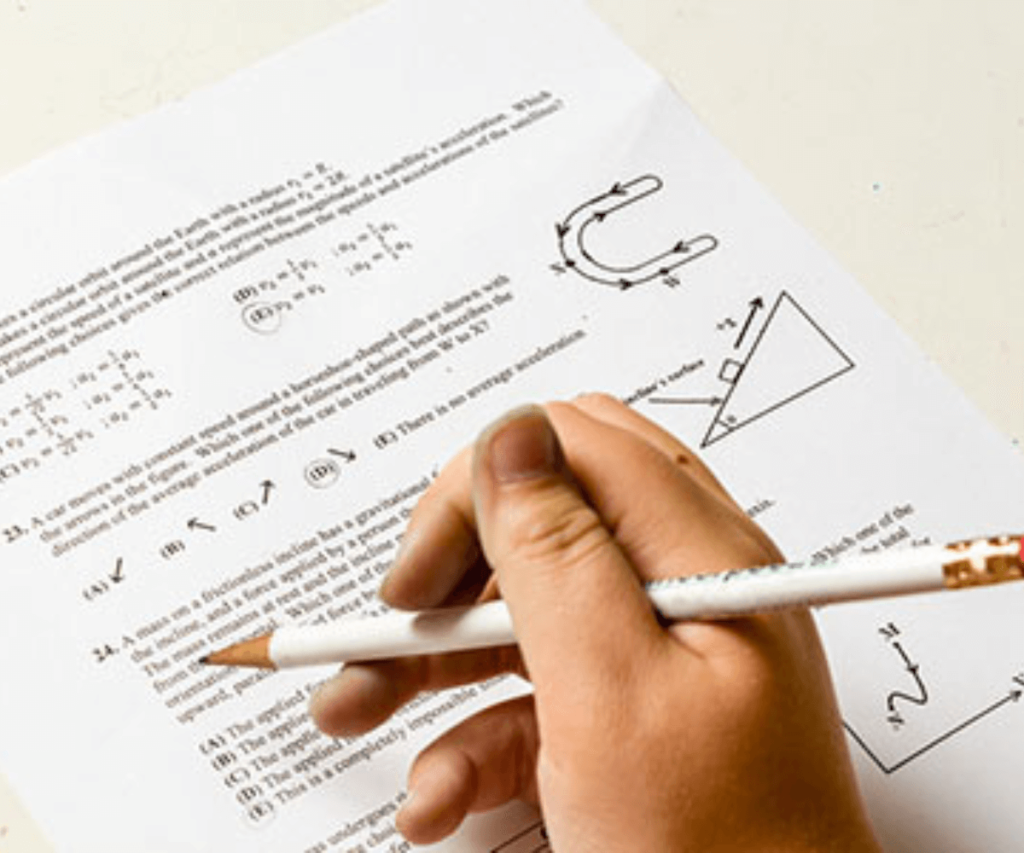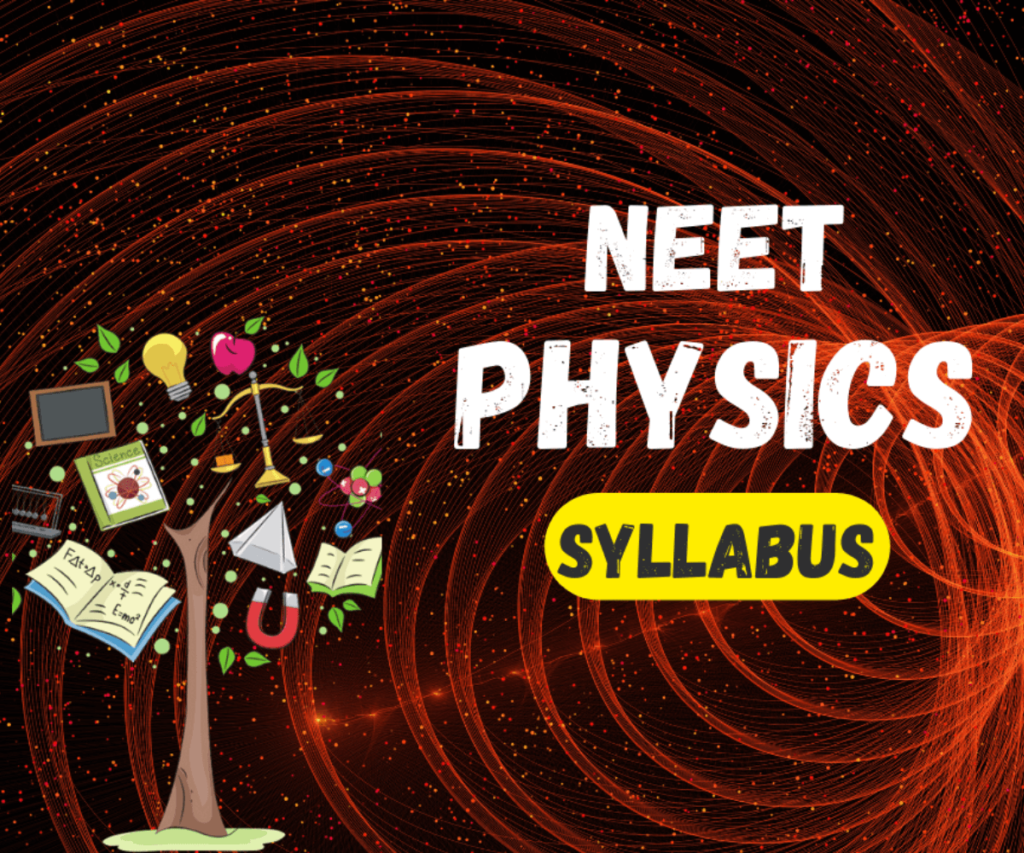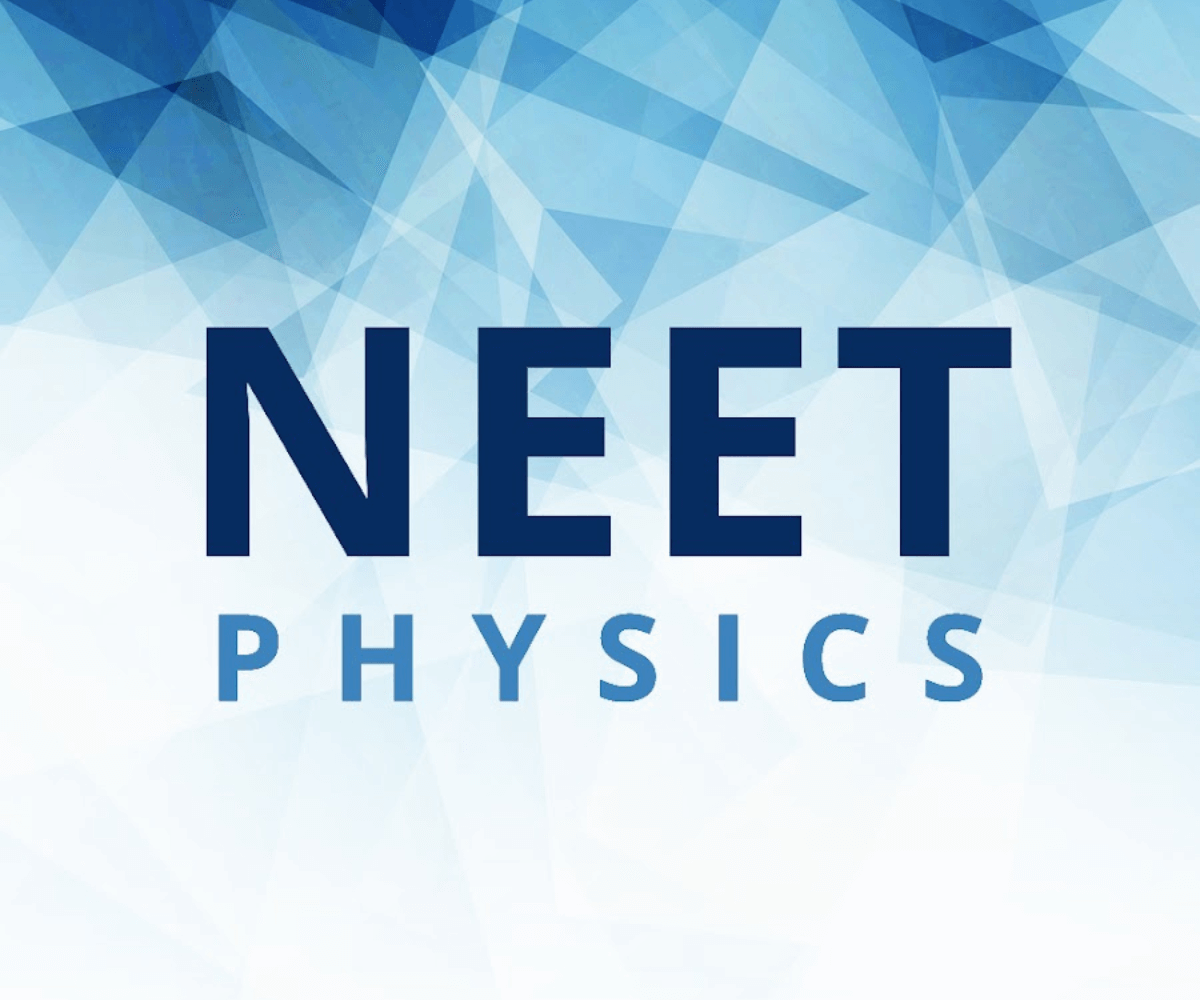NEET Physics
At Quasar Physics, our NEET Physics program is designed to help medical aspirants build a strong conceptual foundation while focusing on exam-oriented problem-solving techniques. The curriculum is aligned with NCERT and follows a structured approach to cover all essential topics systematically.
Course Structure & Focus Areas
Foundation Building – We start with basic concepts and NCERT fundamentals, ensuring that students develop a strong grasp of the underlying principles of physics. Interactive lectures, real-life examples, and visual demonstrations make learning engaging and easy to understand.

Concept Application & Problem-Solving – Once the basics are clear, we move on to numerical problem-solving, MCQ practice, and previous year NEET questions. We emphasize shortcut techniques, formula-based approaches, and error minimization strategies to improve speed and accuracy.
Final Exam Preparation & Test Series – The last phase focuses on full-length NEET mock tests, topic-wise assessments, and speed-enhancement exercises. This phase helps students develop time management skills, analyze their performance, and fine-tune their exam strategy.

Success Rate Overview
NEET Results:
- 95% of our students scored above 600 marks in NEET 2023.
- 65% of students who enrolled for NEET Physics at Quasar secured a rank in the top 1000.
- Our students have consistently achieved top medical college admissions, including prestigious institutions like AIIMS, AFMC, and Maulana Azad Medical College.
IIT-JEE Results:
- 85% of Quasar students cleared JEE Main in their first attempt.
- 50% of our JEE aspirants secured ranks in the top 5000 in JEE Advanced.
- Numerous students have been accepted into IITs, NITs, and other top-tier engineering institutes across India.
Olympiad Performance:
- 80% of our Olympiad students scored gold, silver, or bronze medals at various levels, including NSEP, INPhO, and IPhO.
- A significant number of our Olympiad students have been selected for International Physics Olympiad (IPhO) and National Science Olympiad (NSO) teams.

